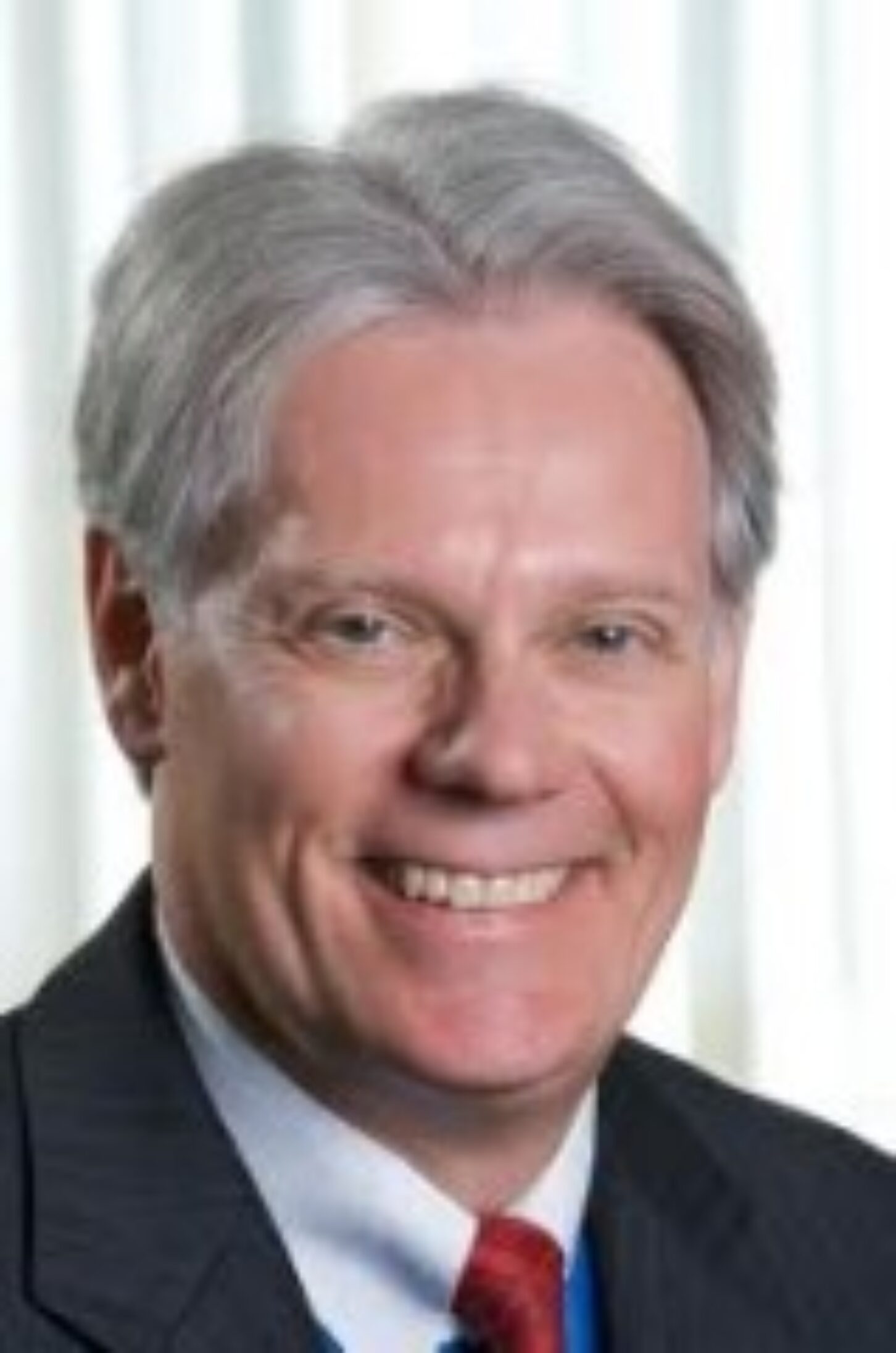
By Mike Klein

Governor Nathan Deal signed criminal justice reform legislation Wednesday, triggering the most aggressive rebranding of the state’s approach to criminal perpetrators in several decades. But one question that needs to be resolved is who’s responsible for making sure this all happens?
It sounds like the answer begins with the Special Council on Criminal Justice Reform whose work provided the structure for Georgia’s new law. Governor Deal signed House Bill 1176 during an upbeat signing ceremony just below the north steps at the State Capitol in Atlanta.
Answering a question from the Public Policy Foundation, the Governor said he would extend the Special Council by executive order, something he has previously discussed. “We believe we should maybe expand the scope of those who are involved in this process as we go forward.”
(Click here to watch the signing ceremony on the Public Policy Foundation YouTube site.)
Criminal justice reform is a massive undertaking that will require integration of several agencies within state government and that’s a first step. It will further cross deep into other public and private sectors such as the courts, local law enforcement and public and private social services. This will take years to fully integrate and it will require some kind of way to measure outcomes.
Criminal justice reform is neither conservative nor liberal. It does not have a political party. It is widely recognized as essential in Georgia and other states that are re-evaluating how to make certain dangerous people are locked up and non-violent people with substance abuse or mental health issues are placed into programs such as courts that emphasize treatment and require accountability.
Georgia spends $1.1 billion per year to lock up some 56,000 inmates. The criminal justice bill jumps to $1.5 billion with parole and probation. The inmate population grows by about 1,000 per year. Supporters believe reforms that emphasize keeping non-violent people out of prisons could slow the growth rate and save Georgia some $264 million over the next five years.
Programs like the drug court in Hall and Dawson Counties are being heralded as the better idea in Georgia, Texas and many other states with similar reforms. The northeast Georgia programs are administered by Superior Judge Jason Deal whose father has a pretty good job in state government. The father has paid attention to his son’s work.
“To listen to the stories, to the lives that have been changed, the families who’ve been reunited, lives that had quite frankly been cast aside by the system that was in place had a tremendous emotional effect on me,” Governor Deal told 100 onlookers. “I’ve not had anyone who has ever attended the graduation ceremony of a drug court come away saying that they don’t believe there is a better way. This is the better way.”
The Governor continued, “I would invite those who are skeptics to have that same experience. Go attend a drug court, a DUI court, a family court, a mental health court. If you come away believing that it’s better to do it by locking people up I truly don’t think you have paid attention to what we are doing now and certainly I think with this legislation, (we are) giving the opportunity to do more and do it better.”
Deal noted that Supreme Court Chief Justice Carol Hunstein and House Judiciary Chair Rep. Wendell Willard have resumed work on juvenile justice reform and Deal suggested the Special Council will be asked to work on that issue. An exhaustive juvenile code rewrite passed the House this year but then the bill was stopped because it did not have a fiscal note.
The Governor closed with a message to the news media. “Many times when we undertake difficult tasks we sometimes feel that the media is our adversary. That has not been the case in this instance,” Deal said. “Your effort educating the public on the importance of this undertaking has had tremendous positive effects. So, thank you. I hope I can say that more often!”
Several Council members attended including Supreme Court Chief Justice Carol Hunstein, Georgia State Bar Association President Ken Shigley and Douglas County District Attorney David McDade. House Speaker David Ralston stood alongside Governor Deal during the ceremony. Lt. Governor Casey Cagle was not there.
